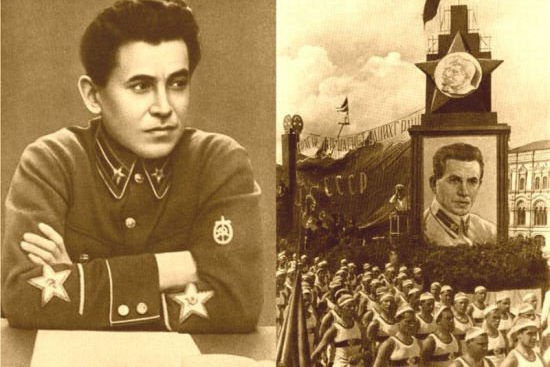Why did Stalin purge his official executioner Yezhov? Nikolai Yezhov, who served as the head of the NKVD (the Soviet secret police) from 1936 to 1938, was purged by Joseph Stalin for several reasons:
Consolidation of Power:
Stalin was known for eliminating those who could potentially threaten his power. Yezhov had overseen a period of intense purges, known as the Great Terror, where millions were arrested, executed, or sent to labor camps. Despite his loyalty, Yezhov became a liability. By purging Yezhov, Stalin demonstrated that no one was immune from suspicion, reinforcing his absolute control.
Scapegoating:
As the head of the NKVD, Yezhov was directly responsible for the extreme measures of the purges, which caused widespread fear and resentment. By blaming Yezhov for the excesses of the Great Terror, Stalin could distance himself from the brutality and shift the blame onto Yezhov, presenting himself as a savior who was correcting past abuses.
Internal NKVD Politics:
There were significant power struggles within the Soviet security apparatus. Lavrentiy Beria, who succeeded Yezhov as head of the NKVD, played a key role in Yezhov’s downfall. Beria was ambitious and eager to eliminate rivals to consolidate his power within the NKVD.
Suspicion and Paranoia:
Stalin was notoriously paranoid, constantly worried about potential conspiracies against him. Despite Yezhov’s previous loyalty, Stalin likely viewed him as a potential threat due to his powerful position and knowledge of state secrets.
Yezhov was arrested in 1939, accused of a range of charges including espionage and anti-Soviet activities, and was executed in 1940. His purge was part of a broader pattern where Stalin frequently removed and executed key figures within the Soviet government and security services to maintain his grip on power.


